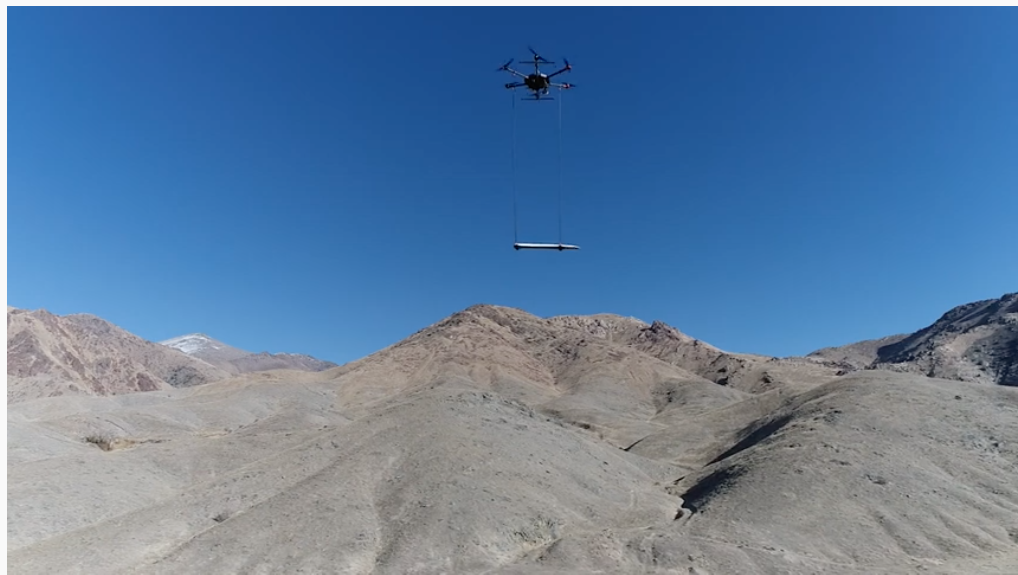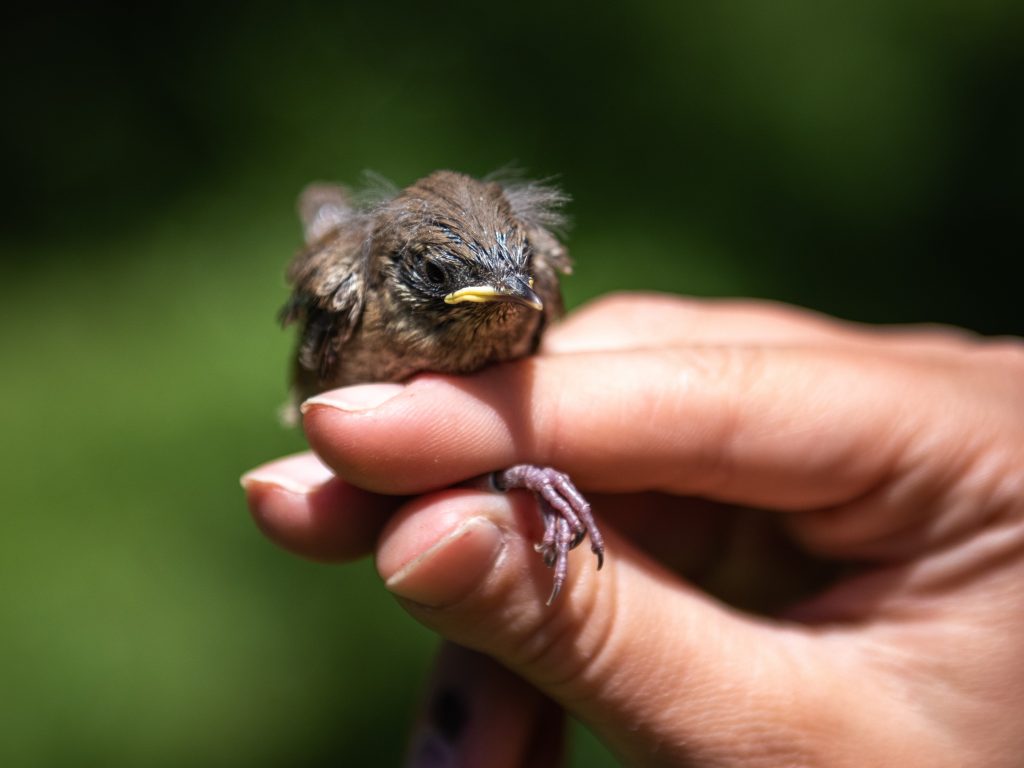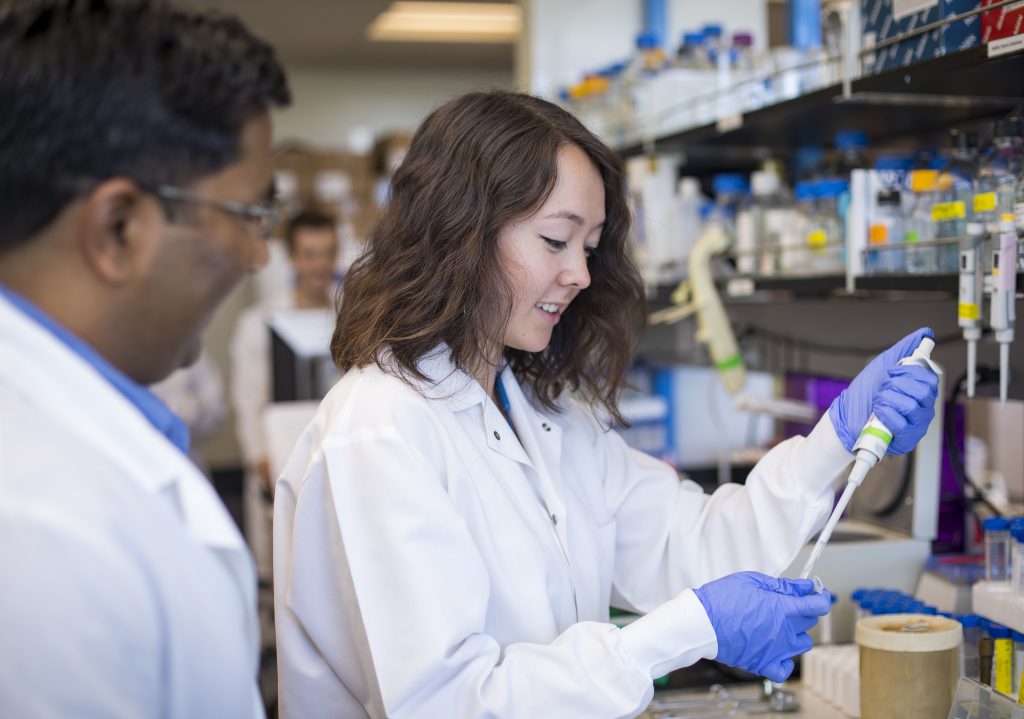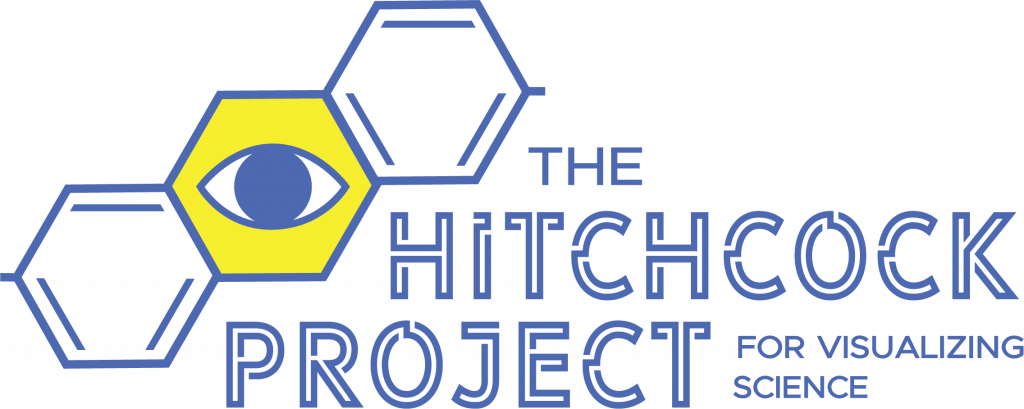Tiffany Pereira – How She Built A Career Out of Science And Art

Tiffany Pereira’s teachers told hershel had to choose between science and art. Instead of choosing between them, she chose both, and she made a career out of it. Pereira now works as an ecologist and science illustrator for the Desert Research Institute in Las Vegas, Nevada.
The Chytrid Fungus Is Killing Amphibians All Over The World. UNR Biologist Jamie Voyles Wants To Change That

It now appears that some endangered frogs are able to survive the deadly disease. Dr. Jamie Voyles is trying to understand how some species fight to the fungus, while others are killed.
Mysterious Disease Affecting Bears Across Tahoe Basin

Abnormal behavior found in Tahoe’s black bear population has puzzled researchers.
Snowpack Report Indicates Another Dry Summer

Data collected this winter points to the possibility of another dry summer in Northern Nevada.
UNR geophysics team uses drones carrying sensing equipment to search for new geothermal pools hidden underground

Many geothermal hot spots may never break through the Earth’s surface. The drones can fly over vast Nevada terrain carrying magnetic sensing equipment that can identify geological areas ripe for geothermal.
Urban wildlife: how noise and light pollution affect birds

New research has shown that birds in urban cities are adapting to noise and the light. Biologists wonder: can pass on these adaptations in their genes?
Research suggests the virus that causes COVID-19 is mutating quickly, but we’re still figuring out what that means

UNR scientists are studying the long-term implications of the mutations in SARS-CoV-2, the virus that causes COVID-19, and working to find out why it is mutating so quickly.
‘Linguistic Profiling:’ When What You Say (and How You Say It) Can Be Held Against You

Do you speak with an accent? Do you sound like you belong to a certain race? Research on racism and implicit bias is showing that the way you speak can impact education opportunities, financial benefits, and even access to quality healthcare.
Can behavioral science help you stop touching your face to avoid COVID-19?

Humans touch their face an average of 68 times per hour. The novel coronavirus can enter the body through a person’s eyes, mouth and nose. But experts say there is an easy way to train yourself to stop touching your face.
Yucca Mountain: Faster water flow undermines project safety, UNR geologist says

More than two decades of research raises questions about whether scientific “fixes” at a proposed nuclear repository could keep groundwater safe from radioactive contamination.


